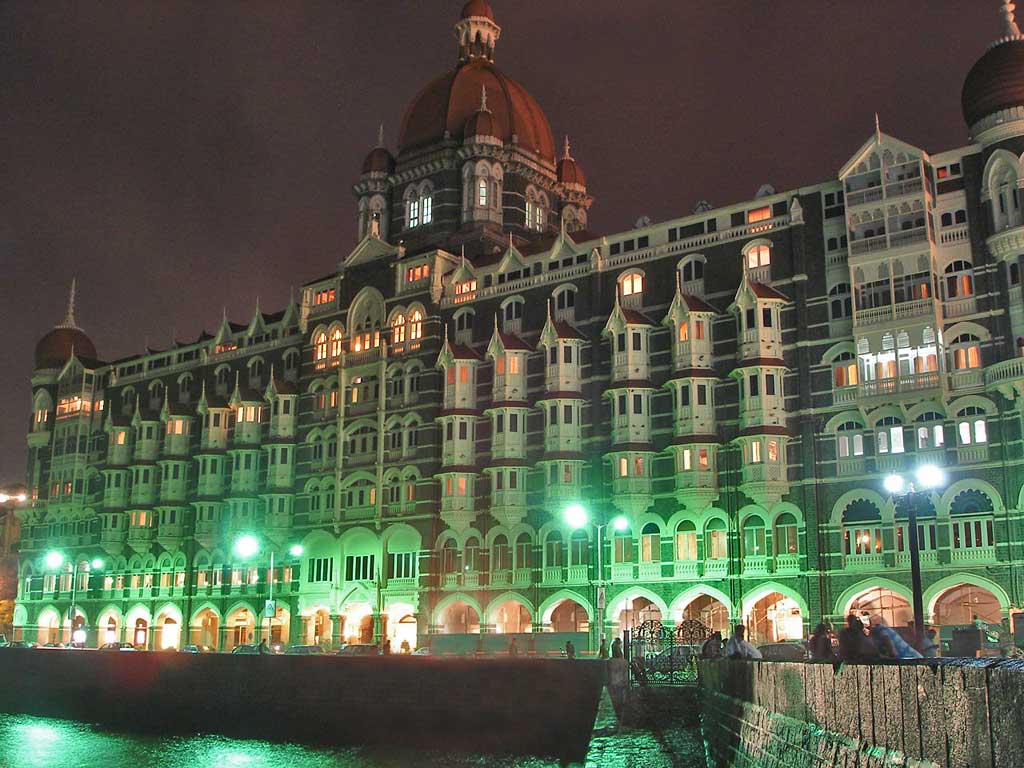Tourism to India has increased significantly in recent years. India’s enviable economic growth fuelled by her leadership in IT turned the world’s spotlight on the country.
Curious to know what India is all about, foreigners began flocking to her shores. The entry of budget airlines also gave a boost to domestic tourism. The “Incredible India” and “athithi devo bhava” campaigns revealed that India was on its way to becoming a major tourist destination. Increasing business opportunities also lured foreigners to the country. All this has meant good news for the hospitality industry in India. To cater to the increasing tourist influx, the hospitality industry went on an ambitious expansion spree.
The government took several steps to boost travel and tourism. These have, in a ripple effect, benefited the hospitality segment as well. These include the abolishing of the inland air travel tax, the reduction in excise duty of aviation turbine fuel, removal of restrictions on outbound chartered flights and the decision to consider convention centers as part of core infrastructure.
ADVERTISEMENTS:
The decision to upgrade 28 regional airports in smaller towns as well as the privatization and expansion of Delhi and Mumbai airports will also have a positive impact on the hospitality sector. Many national highways linking various parts of India were upgraded and this spurred the development of budget hotels.
One report says that the industry has a total of 110, 000 rooms available. Another 150, 000 are needed to fill the demand-supply gap. Often, five star hotels in metro cities allot the same room to two different guests on the same day, charging nearly 24 hour rates from both guests for just 6-8 hours of usage. In some states, the government gave the nod for home stays.
This meant that additional infrastructure was not necessary. Just before the global economic downturn, industry prospects had been very bright. But things have changed since then. Tourist arrivals slowed to a trickle as the US and Europe was badly affected by the crisis. This has caught the industry on the wrong foot and many big hotels ran into heavy losses as rooms fell vacant during the peak season.
ADVERTISEMENTS:
To counter this, the tourism and hospitality sector joined hands to offer discounted package deals. Airlines have also increased their fares now, which had a negative impact. As of now, the hospitality industry is facing a bleak future. But the indications are that the bad times may not last for more than two years.
The 2010 Commonwealth Games is being hosted by Delhi. To meet the infrastructure needs, the government has approved 300 hotel projects. The budget segment may experience some growth despite the recession.
